However, the connection and shared responsibility between "rice brokers" and farmers is still loose, leading to many consequences affecting farmers' production activities and profits.
"Rice brokers" set prices
According to Mr. Nam Nho (Phong Tan commune, Gia Rai town, Bac Lieu province): “Previously, I was quoted a deposit price of 9,000 VND/kg of rice, now that there is a thunderstorm, the rice has collapsed, the rice brokers asked me to sell it for 7,000 - 7,200 VND/kg. The ripe rice is submerged in water, if we don't cut, dry, and sell it quickly, it will be considered a total loss, so my family reluctantly agreed.”
In recent years, the emergence of rice brokers has helped farmers during the harvest season. In the past, farmers had to run around looking for traders, but now, farmers only need to call the brokers and everything will be resolved smoothly.
However, along with the convenience, selling rice through brokers brings many inconveniences to farmers. Rice brokers are intermediaries between sellers and buyers, often "eating" commissions given by traders, in addition, they also manipulate prices with farmers to gain more profit.
The profits from farmers’ rice grains are thus divided among many people. Many people are frustrated when rice brokers make up all sorts of excuses, making farmers confused, from wet rice, dirty rice, rice that is not old enough, to rice prices falling… with the main purpose of making farmers accept the price they offer.
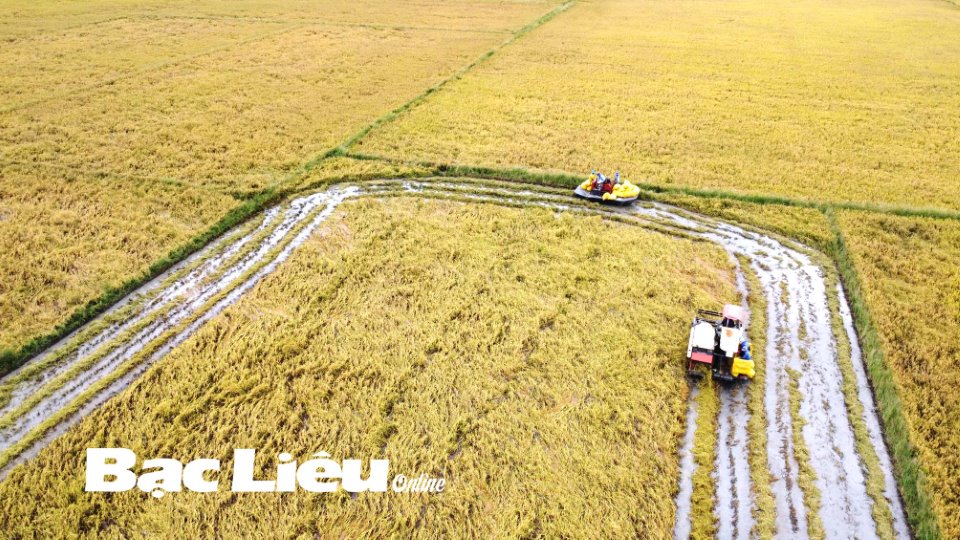
Many summer-autumn rice fields of farmers in Gia Rai town, Bac Lieu province collapsed due to the impact of storms and tornadoes. Photo: CL
There is a reality that leads to the appearance of rice brokers in the production chain of this industry that everyone can see, which is the looseness, lack of connection in production and the habit of small-scale, fragmented rice farming of different varieties by farmers.
Therefore, businesses cannot undertake direct purchasing and have to rely on brokers. Since then, this force has become increasingly diverse, with all kinds of forms such as rice brokers, straw brokers, cutter and tiller brokers, and even seasonal rice seed brokers...
Traders force
Not only do farmers have to endure the pressure of rice brokers, they also have to deal with the pressure of traders. Also citing many reasons, traders come up with tricks to force farmers to reduce prices, with forms such as: sharing transportation costs, rice not meeting quality standards.
Every year when the price of rice increases, traders have their boats moored at the dock, and the rice that has been harvested is weighed immediately. Many households are still harvesting and are forced to weigh it because traders are rushing them. However, when the price of rice drops, or when unfavorable weather conditions cause the rice to fall over, become flooded, or have black husks, traders find ways to prolong the time, giving many reasons for not sending their boats to buy.
Prolonging the harvest and refusing to buy rice causes many difficulties for farmers. Rice left uncut for a long time is susceptible to moisture, mold, and germination, reducing its quality and making it difficult to sell. In addition, because farmers harvest rice at the same time, if they do not sell early, farmers who cut later will have no place to store their rice.
For the above reasons, farmers are forced to sell to traders at a lower price than the original agreement in order to quickly end the crop season. Or even though the rice fields were purchased at the beginning of the season, when the market price fluctuates during harvest, they are willing to forfeit the deposit or force farmers into a difficult situation and then "collude" with rice brokers to lower the price.
This is not only a story that happens during the summer-autumn rice crop, when farmers are at a disadvantage, but also during the so-called favorable seasons of the year such as the winter-spring crop. It is true that business and trade today are completely based on the market mechanism, but the price manipulation and price suppression have also caused farmers' profits to decrease accordingly.
So that farmers do not suffer losses
Bac Lieu is entering the final days of the 2024 summer-autumn rice harvest season with a total area of nearly 58,000 hectares in the province.
The widespread heavy rains and thunderstorms in early September submerged many areas of ripening rice, close to harvest time. In many fields, the rice fell to the ground, and the rainy weather caused the rice to germinate, reducing quality and yield.
In the context of high fertilizer prices and difficult farming conditions, the tricks of traders and rice brokers have contributed to increasing production costs and reducing farmers' profits. To avoid the current situation of having to rely on brokers and traders, the authorities need to encourage and create conditions for farmers to participate in the "Big Field" model.
In addition, farmers also need to keep their credibility in the linkage stage. In reality, there are many cases where farmers "break the contract" and sell at a low price to outside traders when the price of rice increases, even though they have previously signed a contract to link and purchase rice with "rice brokers" and traders.
To have many long-term business relationships, form a strong chain of links, and share responsibility to reduce risks and impacts from the market mechanism, farmers need to research the market, link the production of high-quality rice varieties with contracts from the beginning of the season with companies and businesses, reduce intermediaries in production and consumption, thereby helping to increase productivity and profits.
Source: https://danviet.vn/co-lua-o-bac-lieu-co-vai-tro-gi-trong-trong-lua-lam-sao-de-co-lua-thuong-lai-nong-dan-vui-ve-20240919200609847.htm






















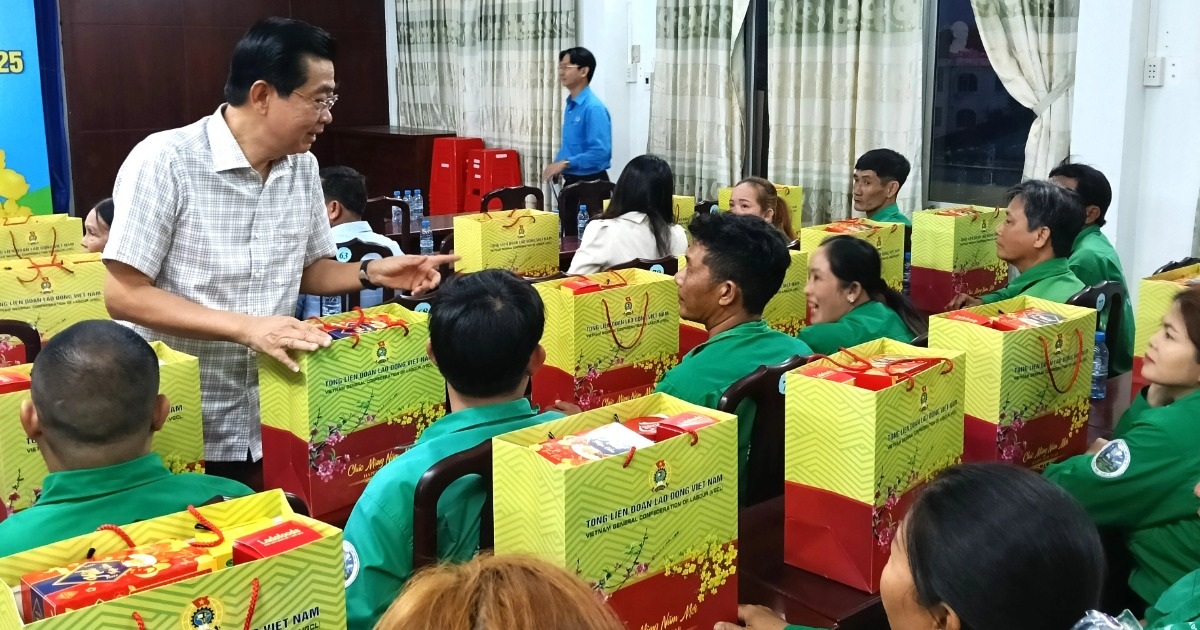



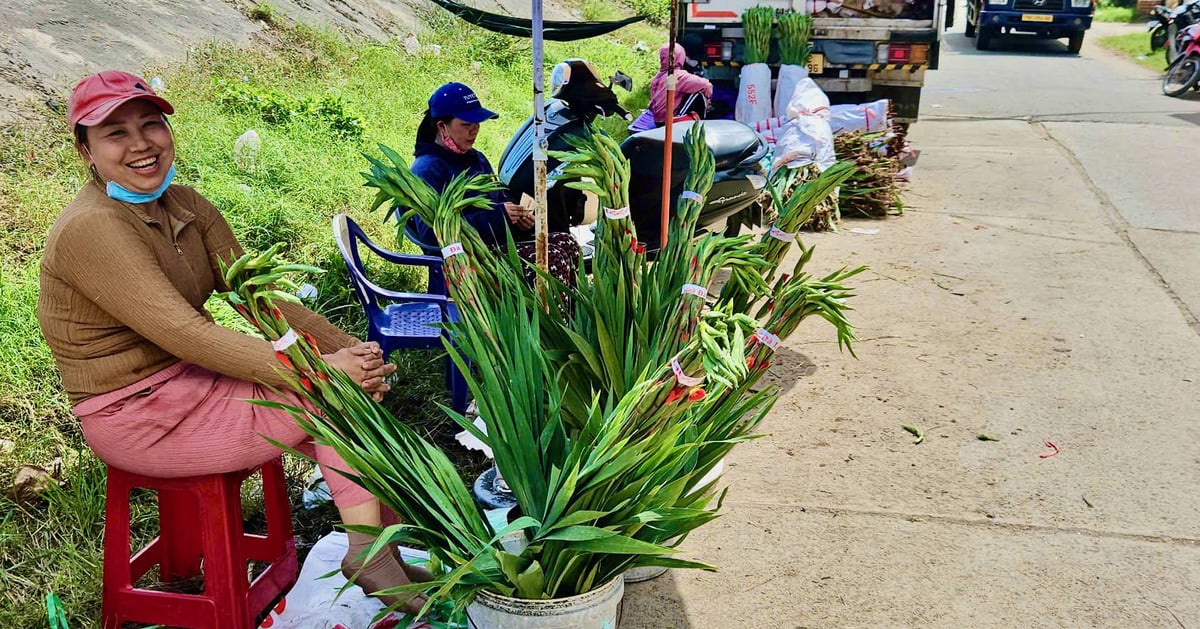
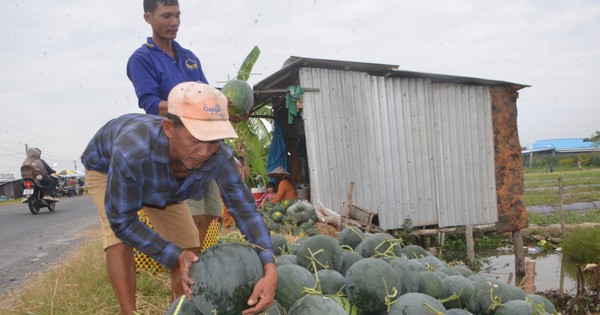

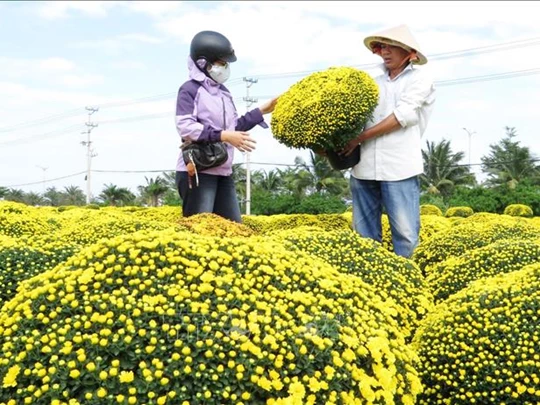

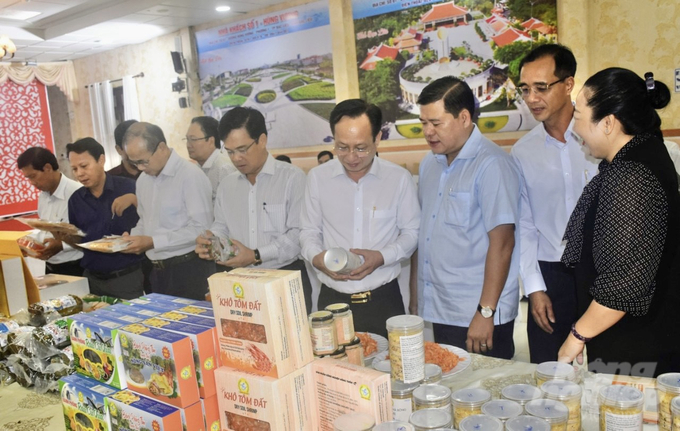







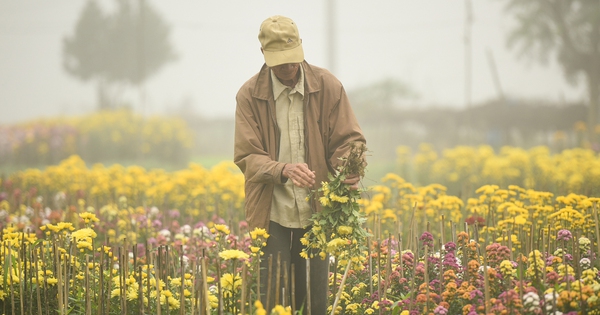







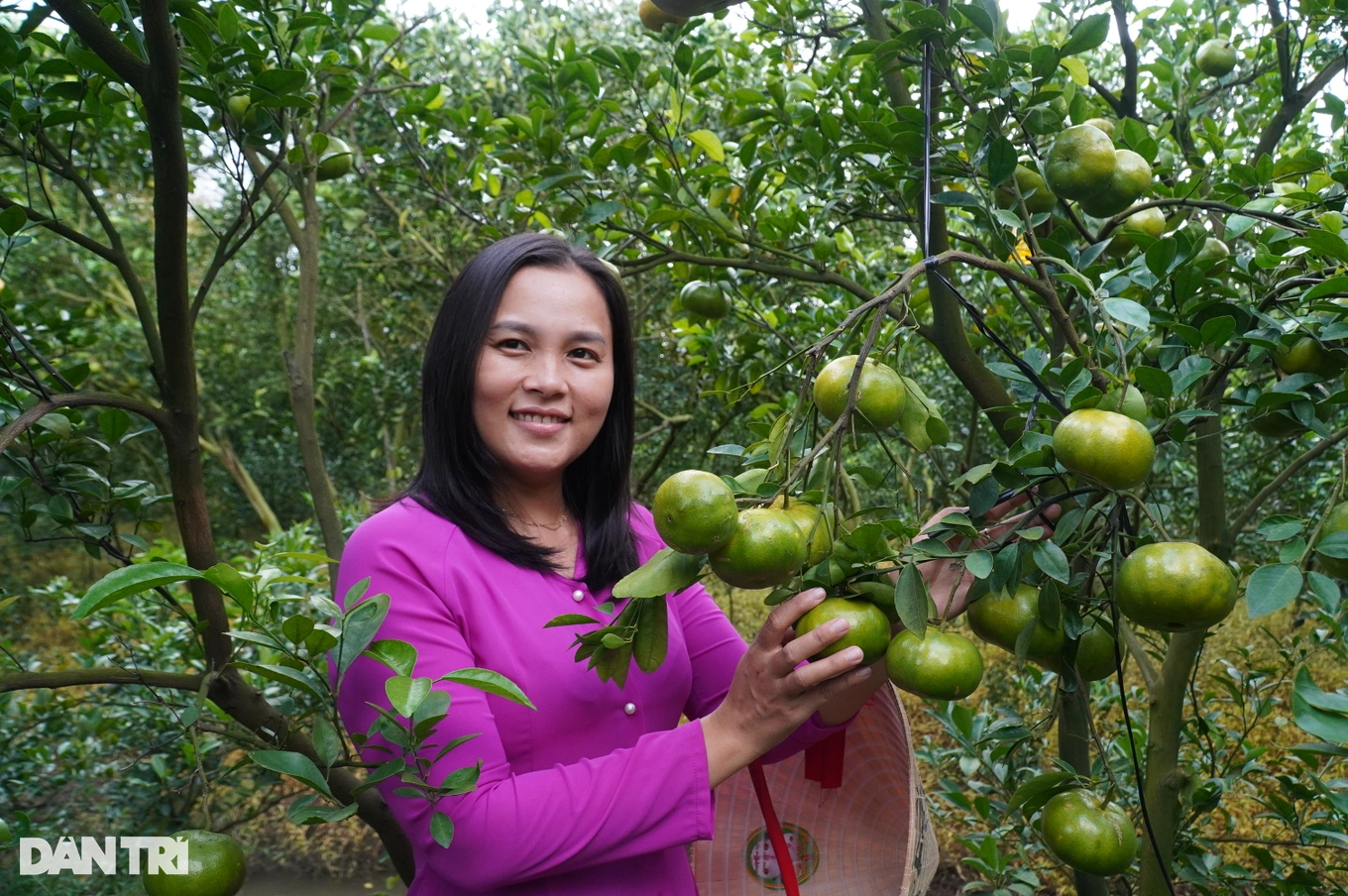






Comment (0)